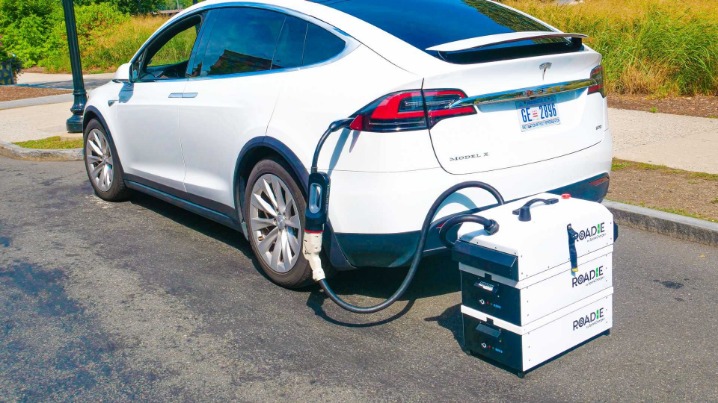The rise of electric vehicles (EVs) has brought about significant changes in the way we think about transportation. With concerns about climate change and the need to reduce emissions, more and more people are turning to EVs as a cleaner and more sustainable alternative to traditional gas-powered vehicles. However, one of the biggest challenges facing EV owners is finding convenient and reliable EV charging options.
Read more about EV Charging 2024 here.
Convenience is Key
One of the main factors that can make or break the EV ownership experience is the ease of EV charging. While EV owners can charge their vehicles at home using a standard electrical outlet, many drivers rely on public charging stations for longer trips or when they don’t have access to a home charger. Having a robust and accessible network of EV charging stations is crucial to the widespread adoption of electric vehicles.
Types of EV Charging
- Level 1 Charging: Uses a standard 120-volt household outlet and is the slowest method of charging. It’s best for overnight charging at home.
- Level 2 Charging: Requires a 240-volt outlet and can charge an EV faster than Level 1 charging. Many public charging stations offer Level 2 charging.
- DC Fast Charging: Provides the quickest charge and is ideal for long-distance travel. These stations are typically found along highways and major routes.
FAQs About EV Charging
Q: How long does it take to charge an EV?
A: The time it takes to charge an EV depends on the battery size, the charging level, and the state of charge when you start charging. Generally, it can take anywhere from 30 minutes to several hours to fully charge an EV.
Q: How much does it cost to charge an EV?
A: The cost of EV charging varies depending on your location, the charging station, and the time of day. Some public charging stations offer free charging, while others may charge by the hour or by the amount of energy consumed.
As the demand for electric vehicles continues to grow, so too will the need for reliable and accessible EV charging infrastructure. By investing in EV charging technology and expanding the network of charging stations, we can make electric vehicles a viable option for more people and help reduce our reliance on fossil fuels. The future of transportation is electric, and EV charging is paving the way for a cleaner and more sustainable future.
